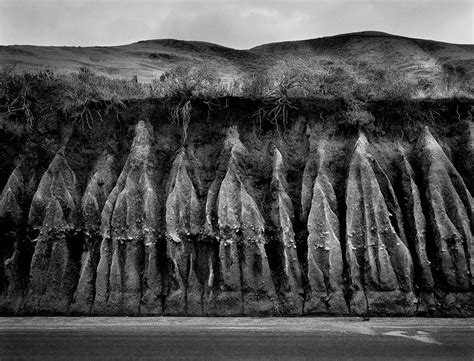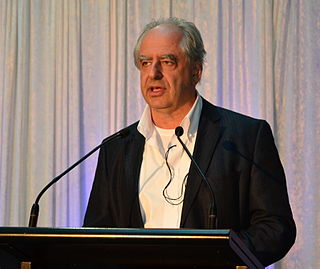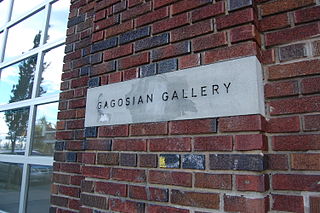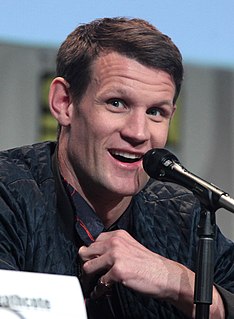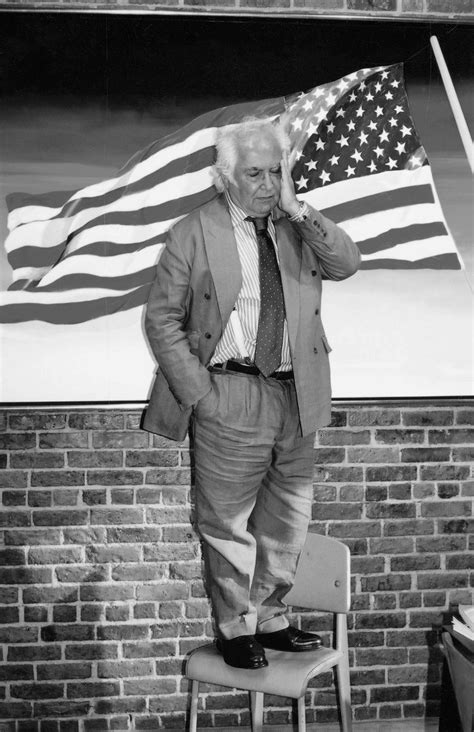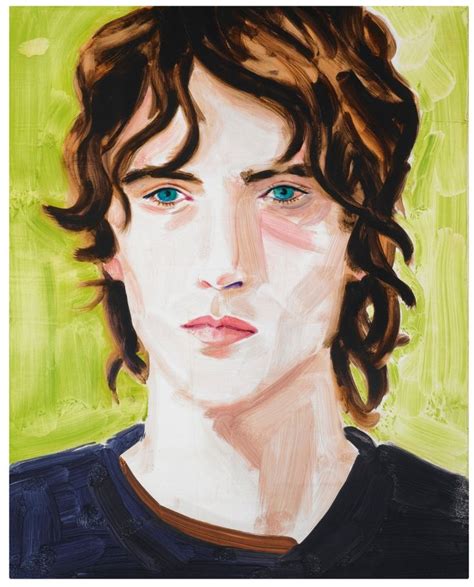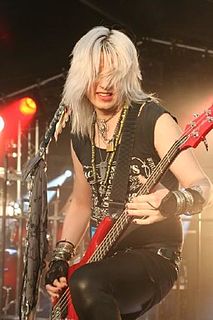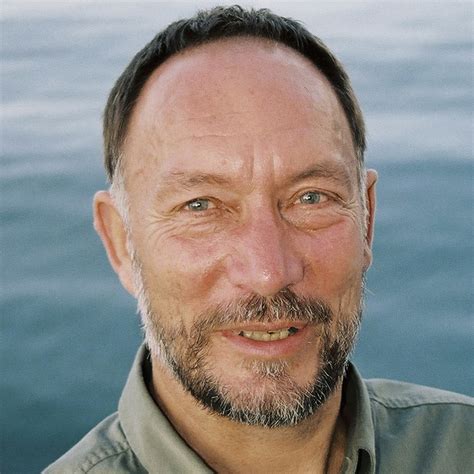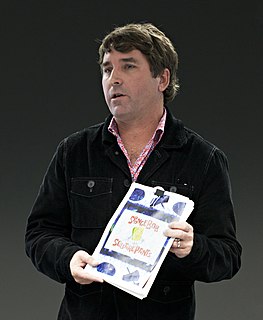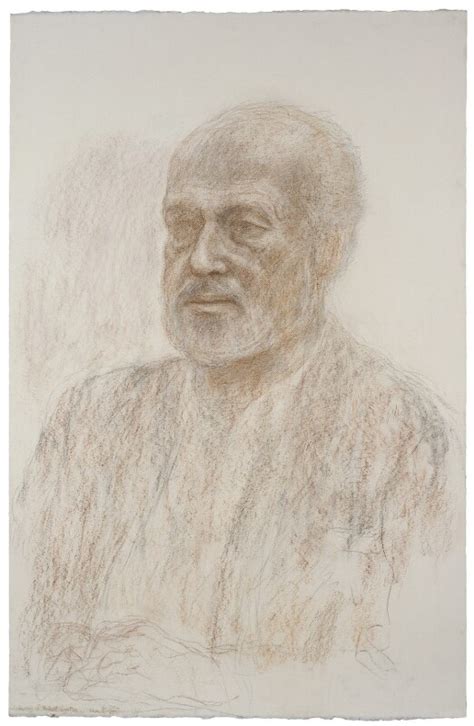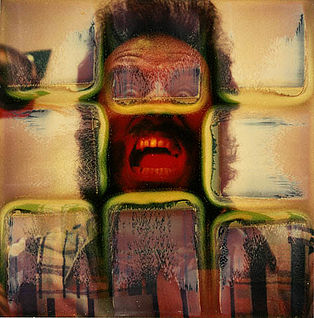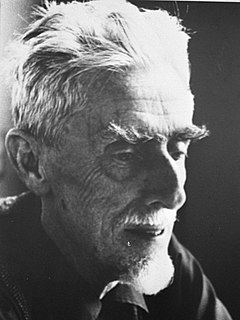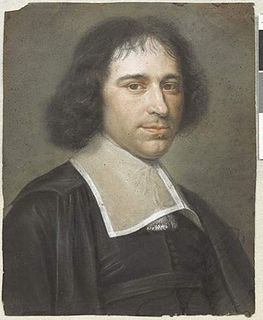Top 1200 Art And Science Quotes & Sayings - Page 16
Explore popular Art And Science quotes.
Last updated on April 19, 2025.
I believe Picasso's success is just one small part of the broader modern phenomenon of artists themselves rejecting serious art- perhaps partly because serious art takes so much time and energy and talent to produce-in favor of what I call `impulse art': art work that is quick and easy, at least by comparison.
We can't suddenly quit a job and then race to find a form of art that will pay off before the next mortgage payment is due. Creating art is a habit, one that we practice daily or hourly until we get good at it … Art isn’t about the rush of victory that comes from being picked. Nor does it involve compliance. Art in the post-industrial age is a lifelong habit, a stepwise process that incrementally allows us to create more art.
The most remarkable discovery made by scientists is science itself. The discovery must be compared in importance with the invention of cave-painting and of writing. Like these earlier human creations, science is an attempt to control our surroundings by entering into them and understanding them from inside. And like them, science has surely made a critical step in human development which cannot be reversed. We cannot conceive a future society without science.
If being an anti-art artist is difficult, being an anti-art art historian is a hard position indeed. His doctrinal revolutionism brings forth nothing new in art but reenacts upheavals on the symbolic plane of language. It provides the consoling belief that overthrows are occurring as in the past, that barriers to creation are being surmounted, and that art is pursuing a radical purpose, even if it is only the purpose of doing away with itself.
When I got to MIT, I discovered a really interesting Master's program called the Science and Technology and Policy Program - it taught people with a background in STEM how to think about science and tech from a policy perspective. It was a great way to understand how to communicate science to a policymaker or a layperson.
It is for Muslim scholars to study the whole history of Islamic science completely and not only the chapters and periods which influenced Western science. It is also for Muslim scholars to present the tradition of Islamic science from the point of view of Islam itself and not from the point of view of the scientism, rationalism and positivism which have dominated the history of science in the West since the establishment of the discipline in the early part of the 20th century in Europe and America.
I'd been influenced by reading books on art and colonies that existed in Paris and places like that and so when I came to Europe I came to France and I had very little money, and I had to live low and stayed in a bohemian section of Paris with a lot of other students, who were from medical school, science school and art school. We all lived in a kind of communal way and I was challenged politically, because I didn't have a clue and they would ask me questions about the Algerian War, which was very big in France in the late '50s.
I always felt that my work hadn't much to do with art; my admirations for other art had very little room to show themselves in my work because I hoped that if I concentrated enough the intensity of scrutiny alone would force life into the pictures. I ignored the fact that art, after all, derives from art. Now I realize that this is the case.
Real art, like the wife of an affectionate husband, needs no ornaments. But counterfeit art, like a prostitute, must always be decked out. The cause of production of real art is the artist's inner need to express a feeling that has accumulated...The cause of counterfeit art, as of prostitution, is gain. The consequence of true art is the introduction of a new feeling into the intercourse of life... The consequences of counterfeit art are the perversion of man, pleasure which never satisfies, and the weakening of man's spiritual strength.
Science fiction is the most important literature in the history of the world, because it's the history of ideas, the history of our civilization birthing itself. ...Science fiction is central to everything we've ever done, and people who make fun of science fiction writers don't know what they're talking about.
We document, explain, justify, construct, organize: these are good things, but we do not succeed in coming to the whole. But we may as well calm down: construction is not absolute. Our virtue is this: by cultivating the exact we have laid the foundations for a science of art, including the unknown X.
Contempt for science could perhaps depend on the fact that, science hasn't been able to solve any of our basic problems, for example the environmental pollution or the problems with HIV and AIDS. This is the worst disease of our time, and scientists are lost. I believe that many people are disappointed with science when the answers we need are not delivered.
The invocation of science, of its ground rules, of the exclusive validity of the methods that science has now completely become, now constitutes a surveillance authority punishing free, uncoddled, undisciplined thought and tolerating nothing of mental activity other than what has been methodologically sanctioned. Science and scholarship, the medium of autonomy, has degenerated into an instrument of heteronomy.
Either all things proceed from one intelligent source and come together as in one body, and the part ought not to find fault with what is done for the benefit of the whole; or there are only atoms, and nothing else than a mixture and dispersion. Why, then, art thou disturbed? Say to this ruling faculty, Art thou dead, art thou corrupted, art thou playing the hypocrite, art thou become a beast, dost thou herd and feed with the rest?
What is it about a work of art, even when it is bought and sold in the market, that makes us distinguish it from . . . pure commodities? A work of art is a gift, not a commodity. . . works of art exist simultaneously in two “economies”, a market economy and a gift economy. Only one of these is essential, however: a work of art can survive without the market, but where there is no gift, there is no art.
We often say that our science is objective and accurate, but we don't often say that our science is incomplete - that although the established parts of natural science are very well tested and the evidence makes a compelling case for things being as they've been described, there nevertheless are open questions that we cannot answer.




